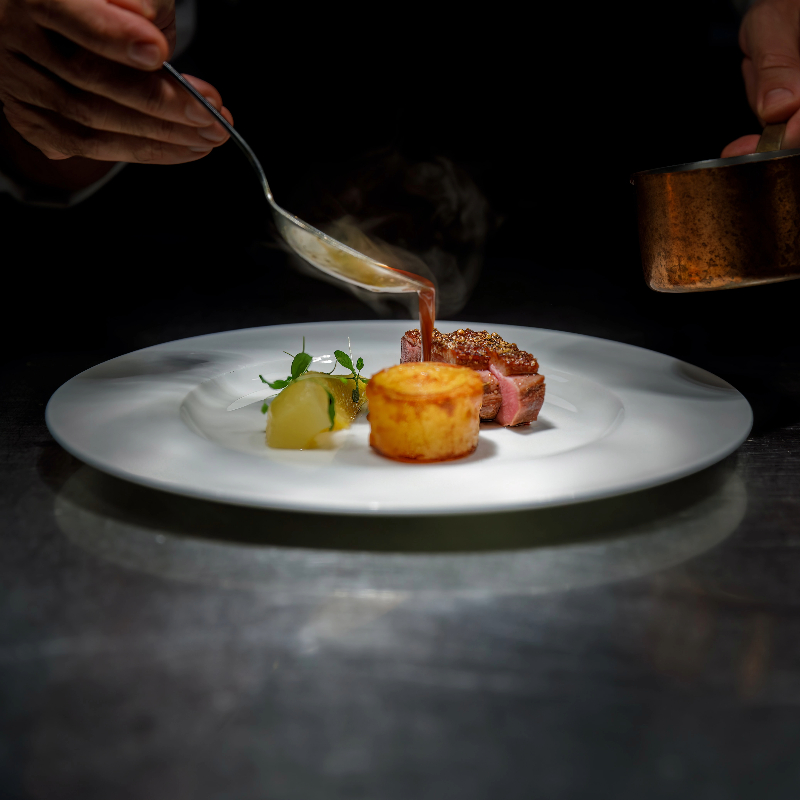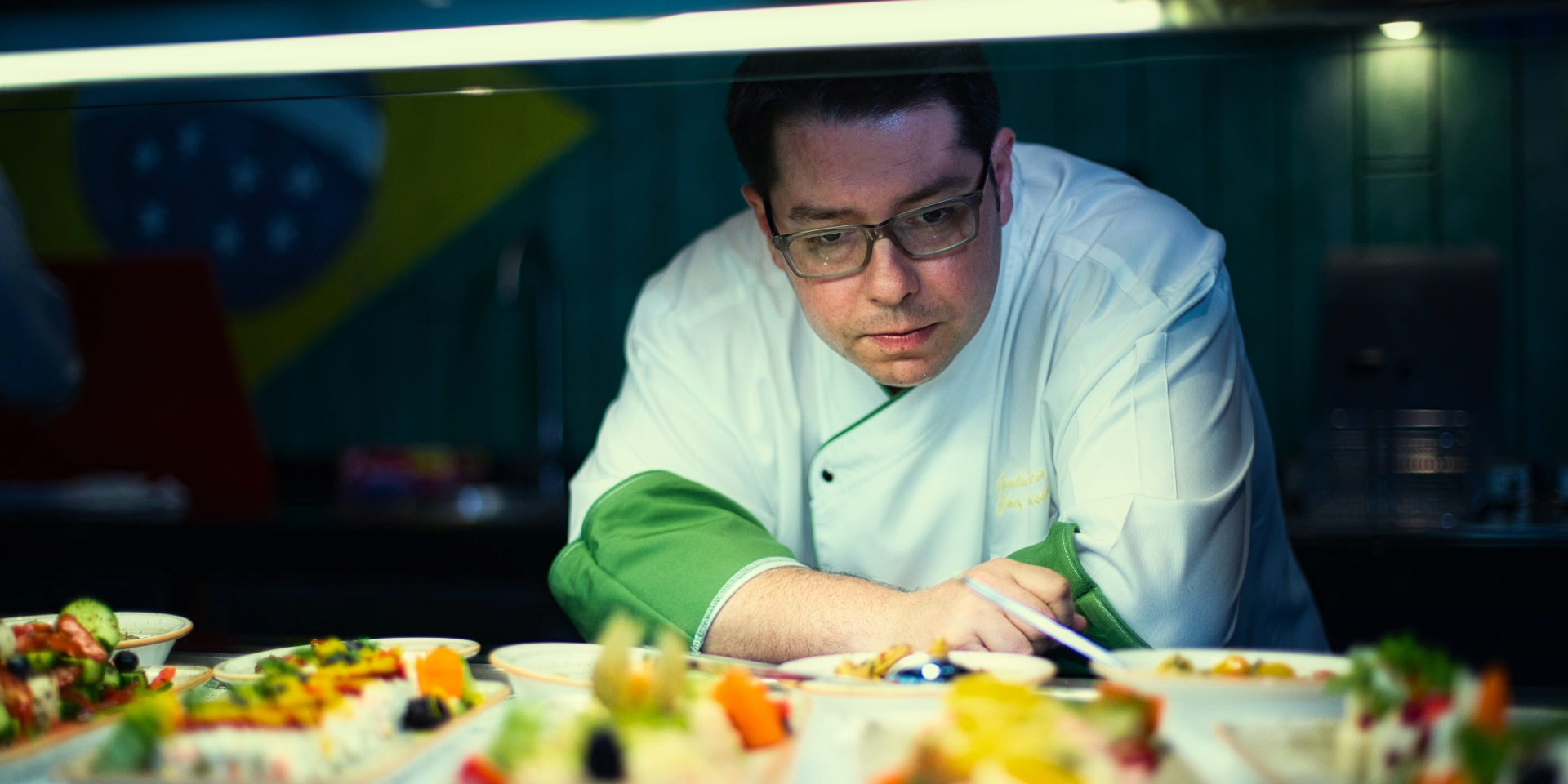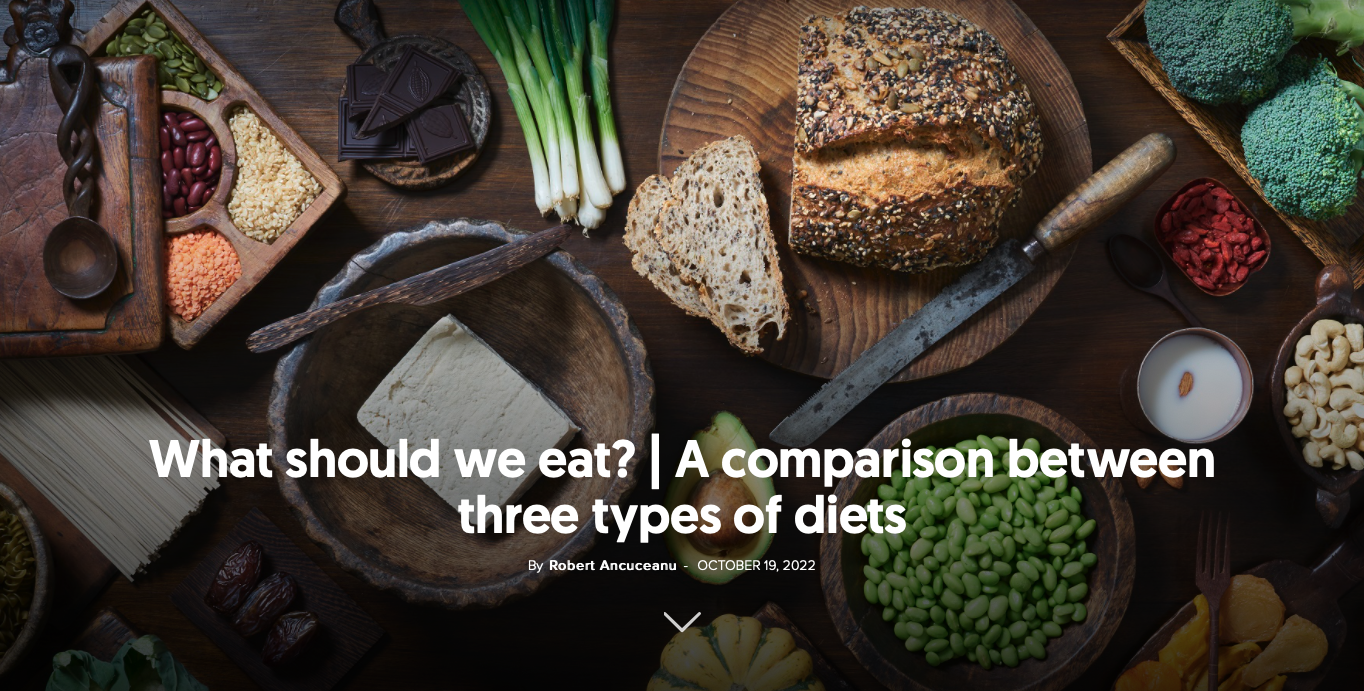What do a foul-mouthed, drug-abusing Canadian, a stately Frenchman from Bourg-en-Bresse and an American businesswoman whose prison nickname was “M Diddy”, all have in common?
If you guessed that they’re all celebrity chefs, you’re correct. I am, of course, referring to Matty Matheson, Jacques Pépin and Martha Stewart.
Whereas Pépin and Stewart belong to the “old guard” of celebrity chefs, Matty Matheson made internet fame with his Vice shows It’s Suppertime, Keep it Canada and Dead Set on Life. He’s also a restaurateur and cookbook author, as well as having acting and producing roles in FX’s The Bear. However, Matheson’s popularity is not due to his culinary prowess but his edginess. While most celebrity chefs keep an immaculate kitchen, Matheson embraces the mess. In his wildly popular YouTube show Just a Dash, he regularly expresses such aphorisms as “TV chefs are liars!” or “Describing food is so stupid!” Rachael Ray or Jamie Oliver tend to portray a highly curated approach to cooking, but Matheson leans into the absurdity of it all. He regularly complains to his producers in his videos, makes rude jokes where he is often the target and generally seeks to dispel the perfect image most celebrity chefs cultivate.
Like any artistic pursuit, there are figures who have won fame in the culinary world throughout history. Marcus Gavius Apicius wrote De re Coquinaria (The Art of Cooking in Vulgar Latin) in the fourth century. Today it is considered one of the oldest cookbooks in history. Chinese-Turkish writer Hu Sihui wrote the Yinshan Zhengyao in the fourteenth century, combining the culinary arts with medicine. Around the same time, Le Viandier was purportedly penned by royal French cook Guillaume Tirel under the name Taillevent (meaning “idle swaggerer”).

It was also a Frenchman who can claim the (somewhat dubious) title of “world’s first celebrity chef”. Alexis Soyer found fame when he emigrated to England and in 1837 became the head chef of The Reform Club—an establishment built on the principles of radical political action. The way he revolutionised cooking paved the way for the cook to become an auteur—something previously only reserved for writers, painters and philosophers.
To be fair, the image of the genius chef, bent over a counter, tweezering edible flowers onto a meticulously crafted mélange of colours, textures and tastes is a relatively new phenomenon. According to author Andrew Friedman in his book Chefs, Drugs and Rock & Roll, chefs were considered “anonymous workhorses” for most of human history. Relegated to the back of the restaurant, chefs were never seen, let alone idolised.
That all changed in the 1970s. Austrian-born Wolfgang Puck in the US grew a reputation for new thinking at his restaurant Spago. Marco Pierre White in the UK likewise grew a reputation for innovation, though also becoming known for his cantankerous, brutal leadership style. The way he abused his team and customers made him a polarising figure and set a norm for how kitchen staff were treated. Both Puck and White are responsible for originating the concept of the celebrity chef, but White perhaps made the most enduring contribution, having trained Mario Batali, Heston Blumenthal, Curtis Stone and Gordon Ramsay.

These chefs paved the way for what would become a brand-new TV sub-genre. Riding on the coat-tails of the reality TV craze, Hell’s Kitchen, The Great British Bake-Off and MasterChef have all gained incredible popularity around the world. Many, including the aforementioned MasterChef, even have their own regional variants that have turned contestants into celebrity chefs.
The game changed again when chefs and home cooks alike discovered YouTube. Binging with Babish, Uncle Roger, Marion’s Kitchen and more have all become household names, watched by billions worldwide. Then TikTok revolutionised short-form video, spawning creators like The Pasta Queen, Notorious Foodie, Chef Reactions and others, who have all established a place in the cultural zeitgeist. Food is now not just material to ingest; it’s content to consume.
But celebrity chefs, TV chefs and digital content creators all share one thing. To connect with their audience, they need not only to be able to cook delicious food—they need you to connect with their brand. We don’t watch Jamie Oliver or (my personal favourite) J Kenji López-Alt simply for their ability to assemble ingredients effectively. We watch them because we like their personality, presentation style or even just their face. They are the brand, as much as (or more than) the food itself. For my part, I don’t necessarily watch Matty Matheson for the food. Beyond the crude language and rough styling, there’s something about his personality I resonate with.

Of course, this shouldn’t be remotely surprising to anyone. For millennia, humans have been attracted to certain personalities more than others. In the ancient era, they were kings, prophets and poets. In more modern times, they are musicians, actors, authors and influencers. And yes, even chefs.
There’s a story in the Old Testament book of 1 Samuel where the people of Israel declare that they want a king. Until this point, the nation had been governed by judges and prophets. One day, the tribal elders gathered and told Samuel, “You are old, and your sons do not follow your ways; now appoint a king to lead us, such as all the other nations have” (1 Samuel 8:4, 5). The biblical text tells us that Samuel was “displeased”, and after spending time praying to God, returned with a reply. A king, he warns, will do many things. He will make their children into soldiers, cooks and servants, take their fields, vineyards, livestock and produce for himself. “When that day comes, you will cry out for relief from the king you have chosen, but the Lord will not answer you in that day” (1 Samuel 8:10–18).
Nevertheless, the people persist, and Saul, son of Kish, is chosen as the first king of Israel. He’s described as a tall man, broad-shouldered and with the look of a sovereign. Perhaps Chris Hemsworth could play him in a film adaptation. However, looks alone isn’t enough and Saul’s reign is disastrous. He continually fumbles with his responsibilities, makes terrible choices for his house and kingdom, and at the end of his life sinks into a deep depression (some scholars think potentially bipolar disorder). He and his sons later die tragically in battle, his legacy forever tarnished.
Like Saul, very few people can handle the pressure the limelight brings. The 2022 film The Menu shone a satirical light on this very issue, revealing the awed veneration directed toward celebrity chefs for what it really is: a flimsy façade. This is not even mentioning that to deliver your dish, an entire team—often ignored and forgotten—is required. From the food preparation to the assembly, quality control to table service, restaurants are a team sport, yet often the team is forgotten and the star player—the chef whose name is emblazoned on the restaurant, is elevated above all others.
As much as I’m a fan of some of the names listed in this article, we would do well to remember the rise and fall of celebrities who—in their hubris—failed to take stock of their fame and deal responsibly with the ramifications thereof. We would also do well to learn from figures such as Saul and model our lives not on him but on the true King of Israel, Jesus of Nazareth, who said: “Whoever wants to become great among you must be your servant, and whoever wants to be first must be slave of all” (Mark 10:43, 44).
Jesse Herford is a pastor and associate editor for the Australian/New Zealand edition of Signs of the Times. He lives in Sydney, Australia with his wife, Carina and their miniature schnauzer, Banjo. A version of this article first appeared on the Signs of the Times Australia/New Zealand website and is republished with permission.















